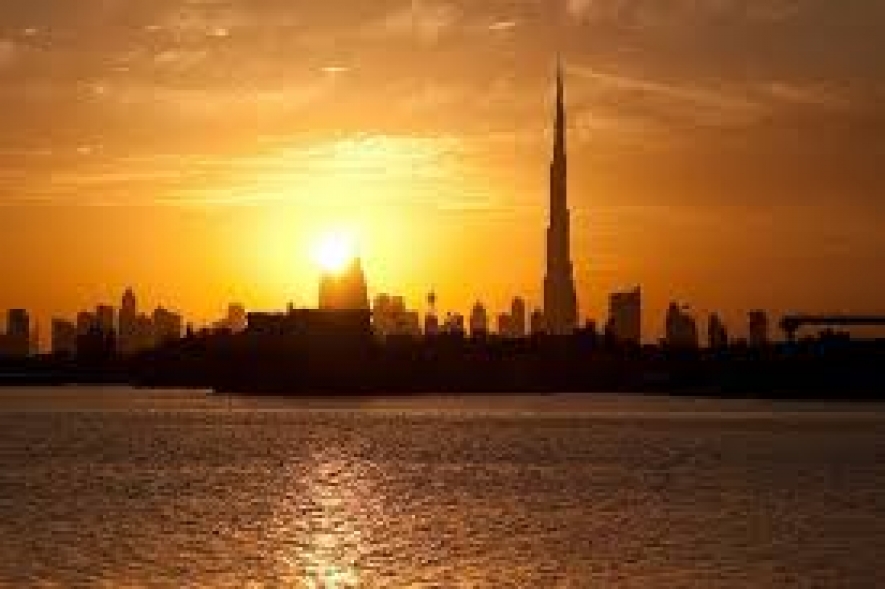Heat is projected to exceed the capacity of a young, healthy person to maintain a normal body temperature and maintain survival.
According to the finding, extreme heat that might occur one out of 20 days now will be the normal summer day of 2070 and beyond.
Under the circumstances, the heat index which is a combination of heat and humidity would hit 165 to 170 degrees for at least six hours.
In July, the Iranian city of Mahshahr recorded a “heat index” of 74°C (165°F), believed to be the second highest temperature ever experienced.
In their new study, the scientists concluded that conditions in the Persian Gulf region make it “a specific regional hotspot where climate change, in absence of significant mitigation, is likely to severely impact human habitability”.
Without air conditioning, humans could last about six hours under such conditions before their bodies began shut down, they said.
Thanks to the oil wealth, Arab sheikhs in the Persian Gulf region have embarked on a series of record-breaking projects in a bid to promote the standing of their small emirates.
Dubai, a city-state in the United Arab Emirates, has gone on a spree of high-rise building and creating artificial islands which are seriously impacting the regional ecology.
The researchers said conditions in the Persian Gulf are ideal for creating the kind of steamy cauldron that could make certain areas there close to unlivable.
Last week, Iran’s lead envoy at UN climate negotiations said that the country would be able to quadruple its efforts to curb fossil fuel emissions with the removal of Western sanctions.
Iran plans to submit by the middle of November a “very well-prepared” pledge on the actions which it is prepared to take to limit greenhouse gases, its delegation chief at the UN climate meeting in Bonn Majid Shafie-Pour said.
US-led sanctions have limited Iran’s access to modern technology and equipment in a variety of sectors, including in its massive energy and transportation sector.




















